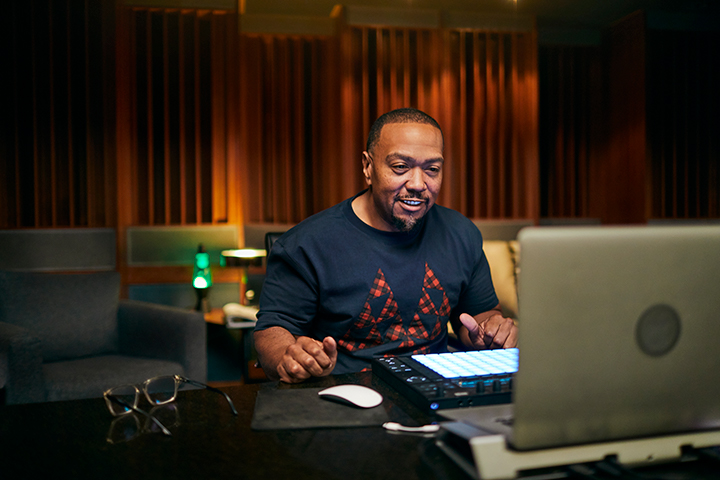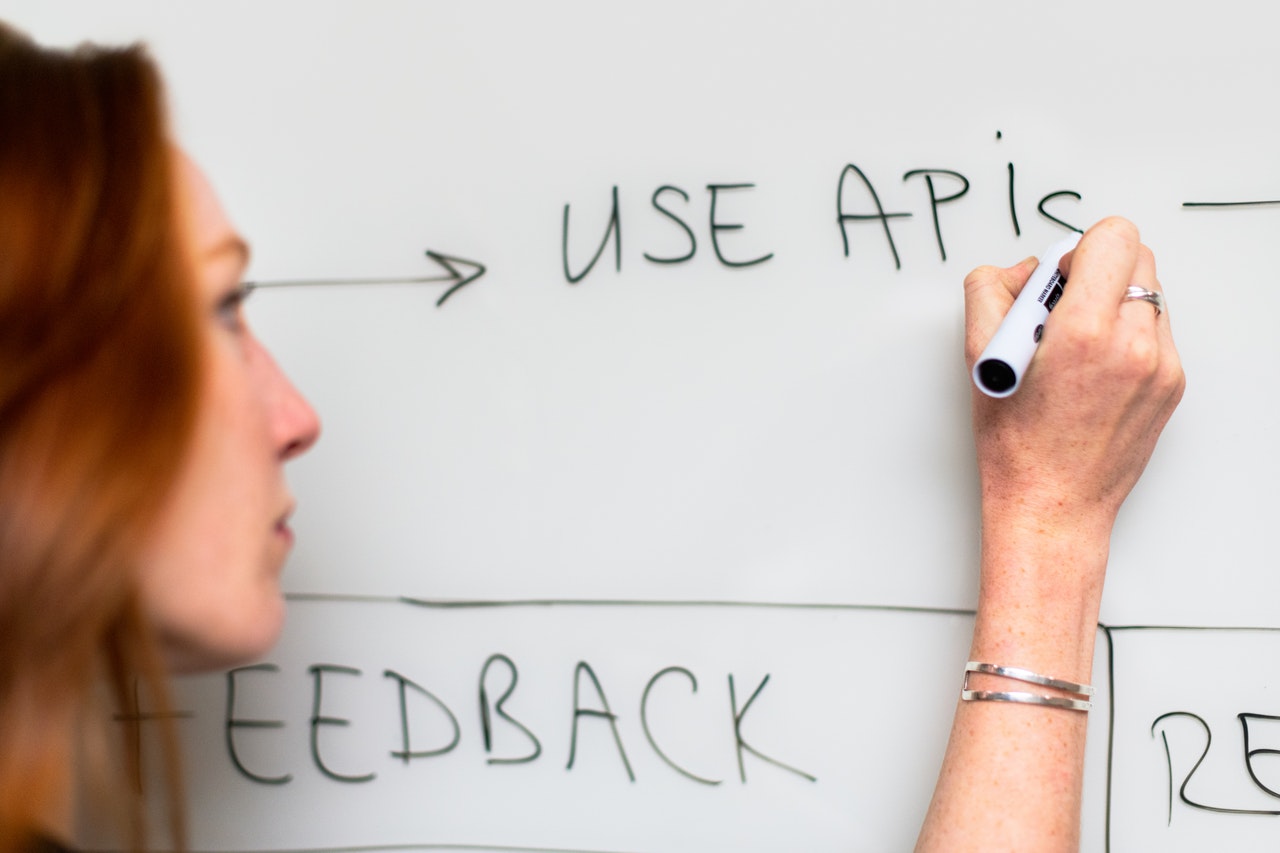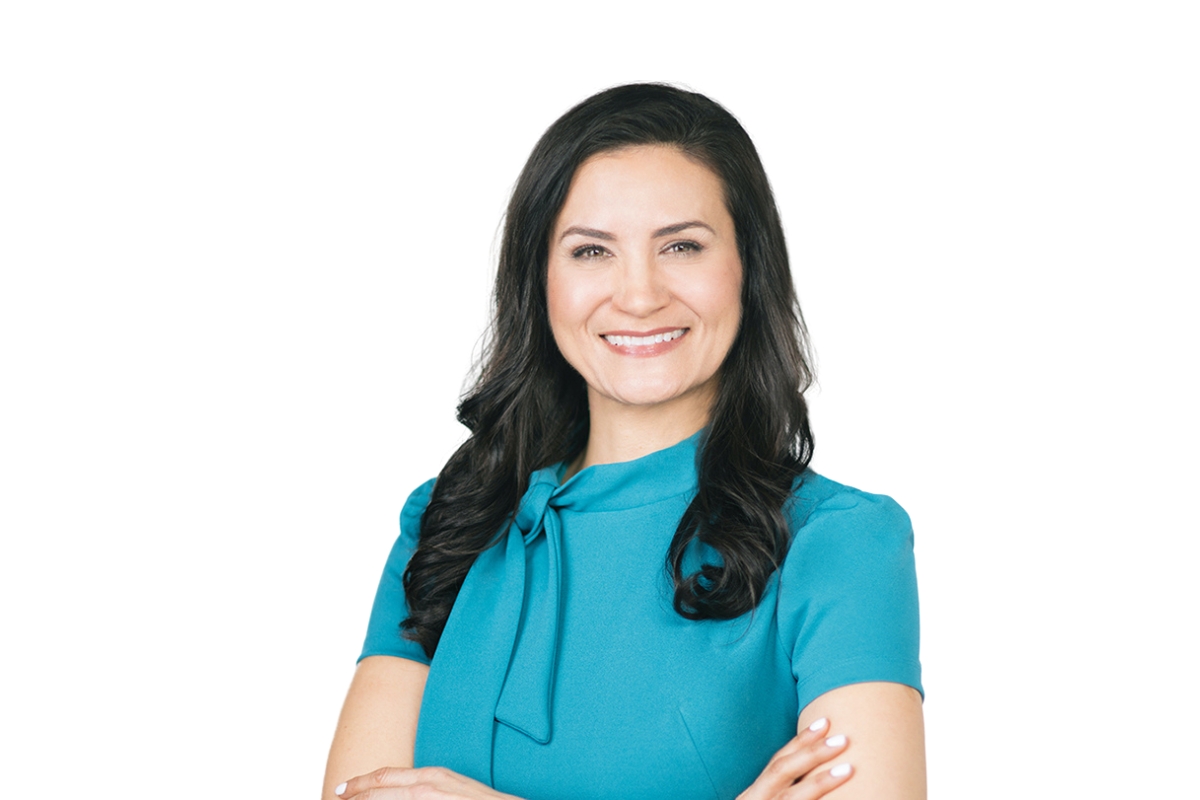You know that you should eat better and exercise more. But there’s also a force pulling you in the other direction. That force is chocolate cake, and another rerun of Friends or Game of Thrones.
So, how do you establish the healthy habits that you know you should have?
The Battle Between the Emotional and Logical
In their book, Switch: How to Change Things When Change is Hard, psychologists Chip and Dan Heath say that the emotional side of the brain is like an elephant, and the logical side of the brain is like the person riding the elephant. So logically, you might know what you need to do (exercise), but your emotions are pulling you in another direction (stay on the couch and watch Netflix). Sure, the rider gives direction, but the elephant is much stronger, so if there’s a battle between the emotional and the logical side of the brain, the emotional will always win.
The key, then, is to align your emotions with logic. But how does a normal person do that? You ask yourself (or better yet, get someone else to ask you) provocative questions that evoke emotion.
Questions to Evoke Emotion
We’ve established that you understand the need to exercise and eat healthier. Now, how do you create an emotional connection to that? By digging deep with good questions. Here are some questions you can ask yourself in order to get you motivated:
Why do I want to exercise/eat right? Keep asking “why” 3-5 times.
Q: Why do I want to exercise?
A: So that I can look good and have more energy
Q: Why do I want to look good and have more energy?
A: Because I feel like I could get more done in my day if I had more energy.
Q: Why is that?
A: Because right now there’s lots of things I want to do that aren’t getting done, because I just feel too tired.
And so on.
How do I expect to feel as a result of your goal? Don’t just answer “good” or “happy.” Elaborate. Dig deeper.
If I keep doing what I am doing right now, what will happen in 6 months? Paint yourself a vivid picture. The answer might be “I’ll be even heavier, with even less energy. I’ll be lethargic all the time, and I won’t feel productive. It might affect my performance at work or in my business.”
If I change what I’m doing now, and get on the right track, what will be the outcome in 6 months? Again, don’t just answer “that would be good” or “I will be happy.” Instead, make it precise and detailed. Maybe the answer would be, “If I had more energy, I’d get more things done around the house, I’d have the desire to get back to playing tennis, or golf, or going hiking.” You might go out more or travel to that destination you’ve always dreamed about visiting.
Based on your answers, there may or may not be follow-up questions. That’s why I recommend having someone else ask these questions: as an objective person, they can think of intelligent follow-ups. Best to get someone experienced to ask these if you can.
Focus on Behaviours, Not Outcomes
You can influence your weight, but you can’t control it. What you can control is whether you exercise and eat well. If you focus on the outcome (weight loss), you’ll get impatient if you don’t see immediate results and may get discouraged. However, if you focus on your behaviour (committing to exercising three times in the next week), you’ll feel a sense of accomplishment once you complete it, and that will motivate you to keep going.
Make Small Changes
The more things you try to change at once, the less likely you are to stick with them. If you go on a crash diet, it’s drastically different from the way you currently eat. So when you eat with friends and family, there’s going to be a strong pull to revert back to your previous ways.
But one tiny change won’t be a big impediment. And after a few weeks, once it’s become a regular part of your lifestyle, make another small change. Continue the process repeating with newer habits. If you implement one new habit a month, you’ll have a drastically healthier lifestyle in a year, and it won’t even feel like you put much effort into it.
My team and I have worked with thousands of clients, and we have great experience helping clients improve themselves and their lives. If you’d like our help, you can fill out this survey to see if you qualify to work with us.
Igor Klibanov | Contributing Writer
Igor Klibanov has been named one of the Top 5 personal trainers in Toronto. He’s written four books on fitness, including Interviews with Personal Trainers and Unlimited Progress, and has done over 250 seminars about exercise and nutrition for some of Canada’s biggest corporations. For more information visit www.fitnesssolutionsplus.ca.




















